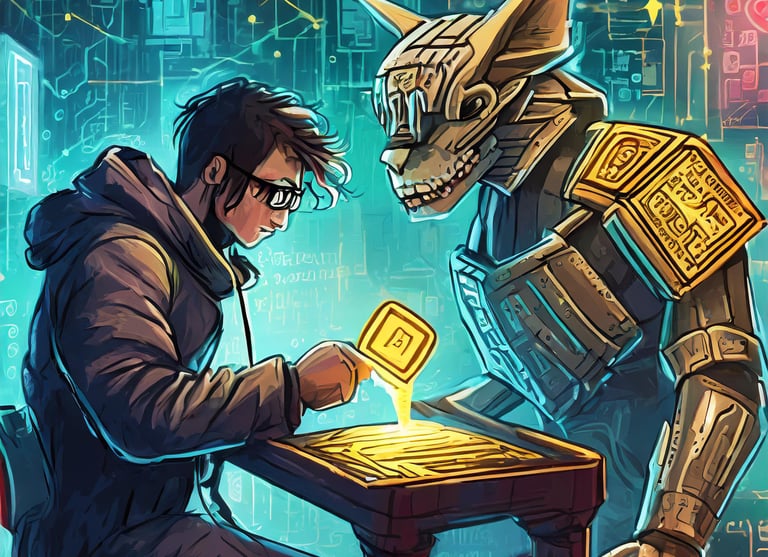Examining Technological and Social Impacts: Reviewing Studies on Cyberbullying and Blockchain Voting
article review discussing two studies: one explores cyberbullying among college students during the COVID-19 pandemic, revealing insights into the psychological impact of increased digital communication, while the other examines the security implications of blockchain and internet voting technologies, emphasizing the need for careful consideration in adopting such systems for democratic processes.
ARTICLE REVIEW
Aaron Williams
3/29/20242 min read


In this article review, we analyze two distinct but equally pivotal studies: "Cyberbullying During COVID-19 Pandemic: Relation to Perceived Social Isolation Among College and University Students" by Nadya Stefani Neuhaeusler and "Going from Bad to Worse: from Internet Voting to Blockchain voting" by Sunoo Park. Both pieces of research offer critical insights into the interplay between technological advancements and societal dynamics, especially concerning disregarded groups.
Neuhaeusler's research delves into the nuanced effects of the COVID-19 pandemic on cyberbullying among college students. This study, grounded in social science principles, investigates how increased dependence on digital communication platforms has influenced cyberbullying behaviors and perceived social isolation. Through a survey methodology that collects quantitative data on students' experiences, the research provides a statistical analysis highlighting a slight decrease in cyberbullying incidents but an increase in feelings of isolation during the pandemic. This counterintuitive finding highlights the complex relationship between online engagement and psychological well-being. The study's emphasis on the psychological impact of cyberbullying and social isolation on young adults, a group particularly vulnerable to these occurrences, reflects a critical concern for marginalized populations within the digital landscape. Neuhaeusler’s work contributes to societal understanding by informing strategies to support individuals navigating the challenges of digital socialization.
Equally, Park's study critically examines the proposed security benefits of blockchain and Internet voting technologies. By analyzing the vulnerabilities inherent to electronic voting systems and the additional challenges posed by blockchain technology, the research questions the effectiveness of these technological solutions in enhancing electoral integrity. Through a qualitative approach that evaluates existing literature and case studies, the study illuminates the potential risks and security flaws associated with adopting such technologies in democratic processes. This research connects to broader social science discussions on the implications of technological advancements for governance and democracy, raising awareness of the critical need for careful consideration and evaluation of new technologies before their integration into societal functions.
Both studies highlight the importance of adopting a multidisciplinary approach to addressing the challenges presented by technological integration into social systems. Neuhaeusler's focus on the socio-psychological aspects of cyberbullying and social isolation during a global pandemic offers essential insights into the support needs of young adults in the digital age. Meanwhile, Park's critical analysis of blockchain voting technologies highlights the complexities of ensuring electoral integrity and the potential for disenfranchisement of marginalized groups in the digital transformation of democratic processes. Collectively, these studies contribute to a nuanced understanding of the impact of digital technologies on society, advocating for a balanced consideration of their benefits and drawbacks. They call for collaborative efforts among policymakers, technologists, and educators to navigate the intricacies of digital advancements, ensuring that these technologies enhance rather than undermine societal well-being and democratic integrity.
